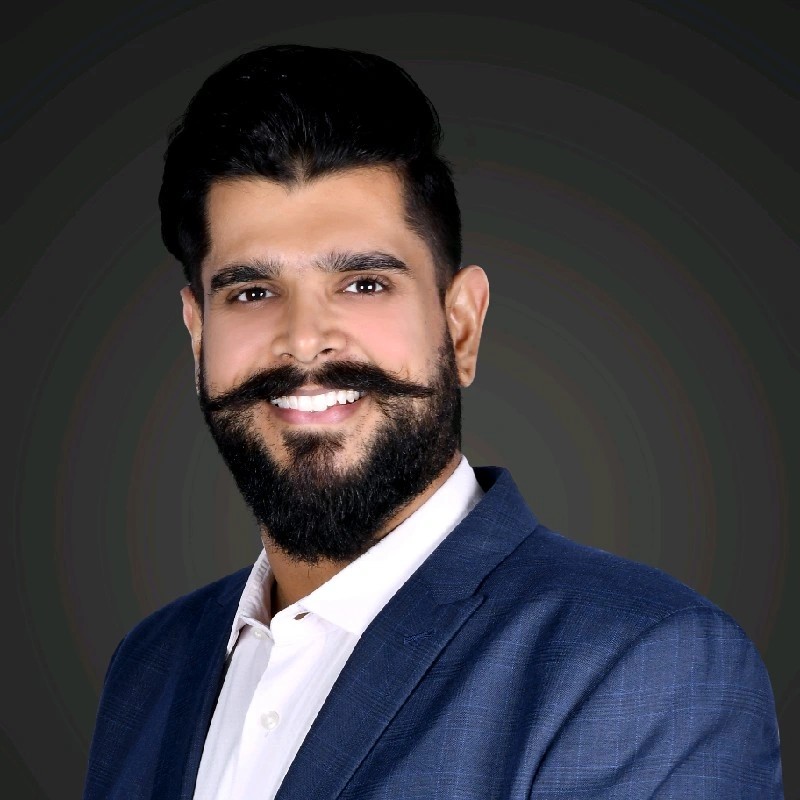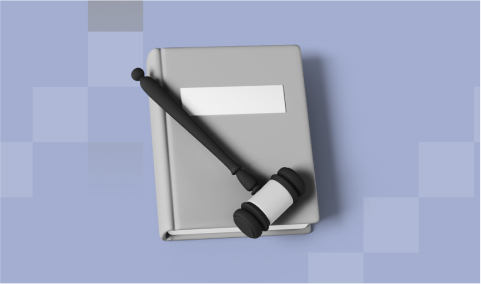
Preparing to Enter the Infrastructure Design Market in the UAE: Insights by Shobin Arora
Shobin Arora has a proven track record in such firms as Parsons Corporation and Neste Jacobs, excelling in business leadership, market adaptation, relationship building, operations management, and revenue growth. Shobin's expertise in business management and market analysis positions him as a key thought leader in navigating the evolving infrastructure market trends and challenges in the UAE.
General Overview of the Infrastructure Design Market
The demand for advanced infrastructure has been propelled by urbanization, tourism, and economic diversification, fueling significant investments in large-scale projects such as biometric system expansion and various renewable energy initiatives. One of such important projects is the Abu Dhabi airport. This strategic pivot reflects a broader shift towards sustainable development and technological integration in the infrastructure sector.
Key Trends at the Moment

Source: DEWA
Top 3 Challenges of Infrastructure Projects
1. Urbanization Pressure
This influx has heightened expectations for urban development, compelling the UAE to prepare for substantial urbanization pressure. Developers are actively working on numerous projects to utilize available land. Notably, the crown prince of Dubai recently initiated AED 200 billion sewage and stormwater management project, reflecting the scale and ambition of current developments.
Incorporating sustainability into these projects’ planning and design phases is relatively straightforward. But how can we ensure that these practices are adhered to throughout construction? How should we integrate those technologies? Is it even cost effective to integrate them? These are more complex questions.
2. Skilled Labor Shortage
Compensation is a crucial factor in attracting and retaining top talent. Of course, the UAE’s advanced state of development already makes it an appealing place to work. But it’s not enough. Although all companies have financial constraints and budgets, providing attractive compensation packages is essential. And we also need to offer our engineers and laborers challenging projects that help develop their skills and experience.

3. Project Management of Scope and Costs
Schedule management is essential. We must ensure that all project milestones are delivered on time, which requires optimal resource allocation. At the project’s outset, you must establish a baseline schedule that accounts for all risks, known and unknown.
Cost is another significant challenge. During the bidding process, it’s common for companies to quote low to secure projects. Although widespread, this practice can lead to issues as project managers might later try to cover cost discrepancies through scope variations. The practice often results in dismay among all parties involved, including clients, developers, and contractors.
During project initiation, it’s vital to invest time in clarifying the scope, schedule and costs to mitigate challenges. While it is difficult to have a complete picture at the initiation stage due to various unknown factors, considering all these elements early on is a must. This approach helps maintain the initial cost estimation and ensures adherence to the client’s budget, keeping the project on track and within financial boundaries.
Future Outlook for the Infrastructure Design Market
Even More Urbanization Pressure
However, this progress comes with its challenges. One of them is the already mentioned urbanization pressure. Moreover, the UAE is expected to see a significant population influx, and we must be prepared for this.

Source: u.ae
Climate Change Mitigation
Constant Learning Call
During the early stages of my career in 2012, there was limited discussion of BIM or the IoT. We relied heavily on servers and sophisticated software for analysis, design, and document management. However, the technological landscape has dramatically transformed in the last ten years. Now, software solutions can aid in the design of an entire bridge from inception to detailed design, complete with reinforcement details, and produce a 3D model as output.

Investment Flow
Digital transformations are also crucial. Technologies like Scan to BIM and other software and artificial intelligence are vital for streamlining projects and optimizing processes. Therefore, forming strategic partnerships is essential to harnessing these advancements and effectively driving innovation and development.
International Businesses in the UAE as a Trend
Every new project, especially mega projects like the Museum of the Future and the expansion of the Dubai Metro with the introduction of the Blue Line, highlights this trend. There’s a clear pattern of new international businesses coming in and leveraging the regional location, urbanization, and opportunities the UAE provides.
Main Things to Сonsider When Entering the UAE Market
1. Local Regulations and Business Practices
A common strategy among international businesses that have successfully entered the UAE is to hire locally available talent. Local professionals are usually well-versed in these regulations and practices, which are vital for successful market integration.
2. Cultural Differences

3. Networking and Partnerships
Such strategic partnerships may take time to develop but are advantageous in the long term. They leverage local expertise, enhance project outcomes, and offer mutual benefits, including profit sharing and commercial growth for both international companies and their local partners.
4. Customization of Services
Customization can be also required at a higher level, which means not only adjusting guidelines but entering new sectors and developing absolutely new services.

Best Practices to Embrace for International Companies in the UAE
of your processes and scale your business with FirstBit ERP now!











